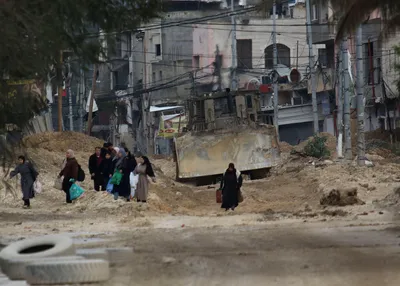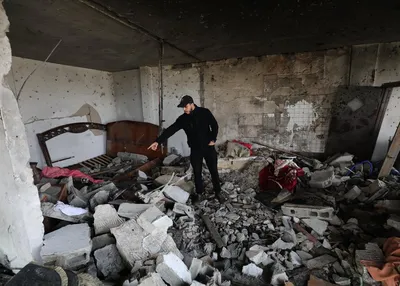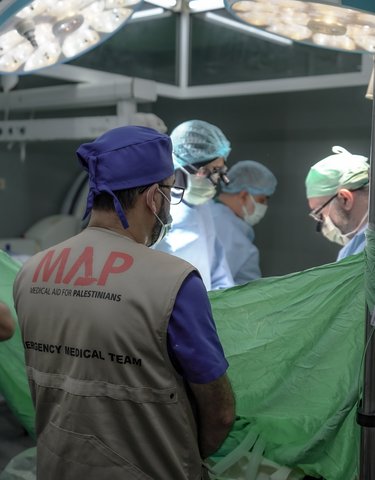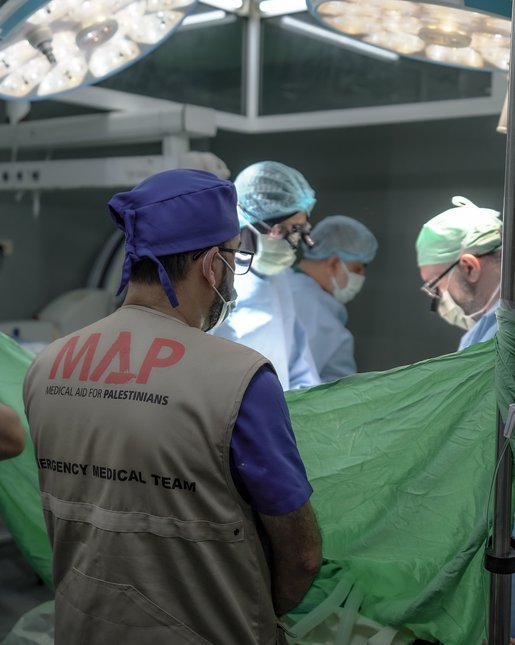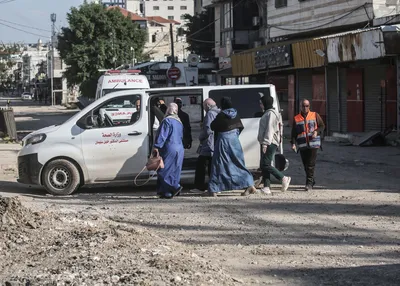Open Nablus now! MAP calls for immediate end to movement restrictions on health workers and patients
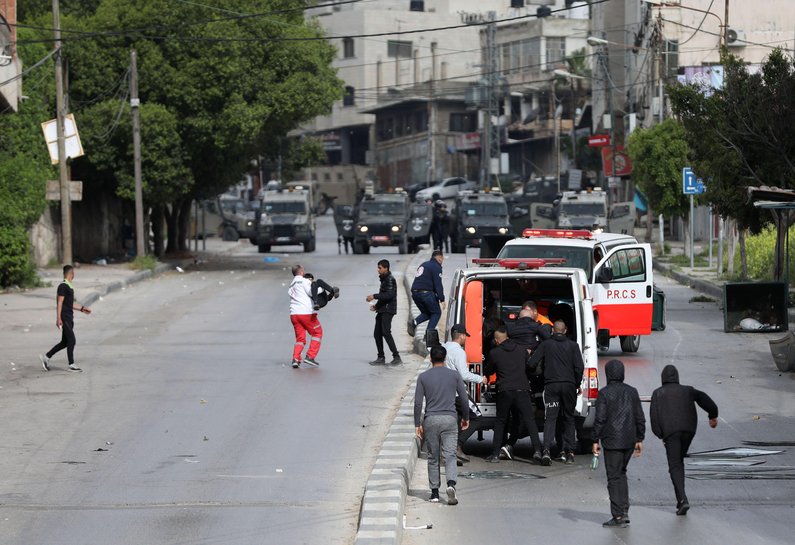
Since 11 October, the Israeli army has closed off Nablus and its surrounding villages with permanent checkpoints, closed metal gates and earth mounds. Around 200,000 people are restricted from moving in and out of the area, as the Israeli military seeks to pressure and operate against a local Palestinian armed group which has been accused of targeting Israeli forces and settlers.
Nablus is the medical hub for the north of the West Bank, and health workers and patients are facing delays in accessing the city, resulting in staff being late or unable to reach their work completely and patients missing appointments. In the worst cases, patients are completely unable to reach health facilities and denied access to essential care.
According to the United Nations Office for the Coordination of Humanitarian Affairs (UN OCHA), 41 primary health care facilities in Nablus, out of a total of 47, have been heavily impacted as staff are often not able to reach their places of work.
“Half of our staff team is from outside Nablus, which means they must cross one or two checkpoints to arrive at the hospital. Some staff had to skip work, or arrive late and leave early, so that they would not get home too late, as many have [family] obligations and children in nurseries,” said Ahmed Al-Aswad, Head Nurse at the MAP-supported Burns Department at Rafidia Hospital.
“Staff from Nablus also faced increased pressure because they had to cover [for those unable to show up or complete shifts]. Also, we had a scheduled time with MAP to deliver us certain [essential medical] supplies, which had to be rescheduled.”
Health workers are reporting a 20% drop in patients reaching health facilities for dialysis, chemotherapy and other appointments, according to UN OCHA. To avoid crossing checkpoints, some pregnant women are being forced to deliver at home or at primary health care facilities which are not prepared to handle these cases.
Shifa, a nurse at the MAP-supported breast unit at Rafidia Hospital, highlighted the impact on patients: “Blocking the roads and installing military checkpoints on entrances to Nablus has prevented women from [surrounding] villages and other districts from receiving healthcare services at the breast unit. They have had to receive these services at private clinics outside of Nablus instead. This closure has affected these women psychologically, physically and financially. A delayed biopsy or diagnosis could lead to complications and to extended treatment time.”
Ahmed Al-Aswad added: “Some patients faced blocked roads and could not get to the hospital. Others were terrified of an [Israeli military] incursion that would have shut off everything. So, they had their appointments disrupted and had to schedule new ones.”
Relentless violations against health workers
Violations against Palestinian health workers are also repeatedly taking place in Nablus and ambulances are experiencing delays crossing checkpoints, threatening the lives of patients in-transit.
Since the beginning of October, there have been at least five instances of attacks against healthcare personnel and facilities. This includes Israeli forces assaulting Palestine Red Crescent Society (PRCS) paramedics, attacking ambulances and detaining health workers.
On 25 October, following an Israeli military raid which killed five Palestinians in Nablus, the PRCS reported that their teams were prevented from accessing the area to evacuate and treat those injured during the raid, and came under direct fire by Israeli forces. No casualties or damage to their ambulances were reported.
“Like all Palestinians, we, medical teams, are subject to attack by Israeli forces. The most serious violations today are attacks on us by settlers, with the protection of the Israeli army,” said Ahmad Jibril, of the PRCS in Nablus.
MAP escalates its response
The twin threat from Israeli forces and increased settler violence, the constant sounds of drones in the skies and the fears of a large-scale Israeli military operation are having a profound psychological impact on communities in Nablus. UN OCHA state that school children are particularly affected and they have reported anxiety, fear, feelings of hopelessness, frustration and pessimism.
This escalating violence and the closure – imposed on Palestinians but not on Israeli settlers living in the occupied West Bank – once again illustrates how Israel’s policies and practices of systematic discrimination and fragmentation of Palestinian society, land and healthcare, are directly undermining Palestinians’ rights to health and dignity.
MAP is responding to the emerging critical health needs in the West Bank and East Jerusalem, resulting from this dire situation. We are supporting hospitals and first responders to cope with the increased caseload of emergency trauma cases.
In March, we delivered a new ambulance to the PRCS to help bolster the vital work of their paramedic teams and we will deliver a second one later this year. We are also planning to deliver trauma training for staff in Palestinian Ministry of Health hospitals, as well as for medics who provide pre-hospital services.
As well as our emergency response, MAP calls on the international community – including the UK government – to take urgent action to protect Palestinian civilians and healthcare in the West Bank, including through holding perpetrators of potential serious violations of international law to account.
This includes pressuring Israel to immediately lift its closure on Nablus, which Palestinian human rights groups have deemed ‘collective punishment’; end its restrictions on the movement of health workers and patients; and immediately cease its routine use of excessive force against civilians and health workers.
Donate to support our response to the increasing violence in the West Bank.
Photo: Palestinian protesters and a medic help injured men during clashes with Israeli forces near the West Bank city of Nablus. (Credit: Ayman Nobani/Xinhua/Alamy Live News).
Related content
